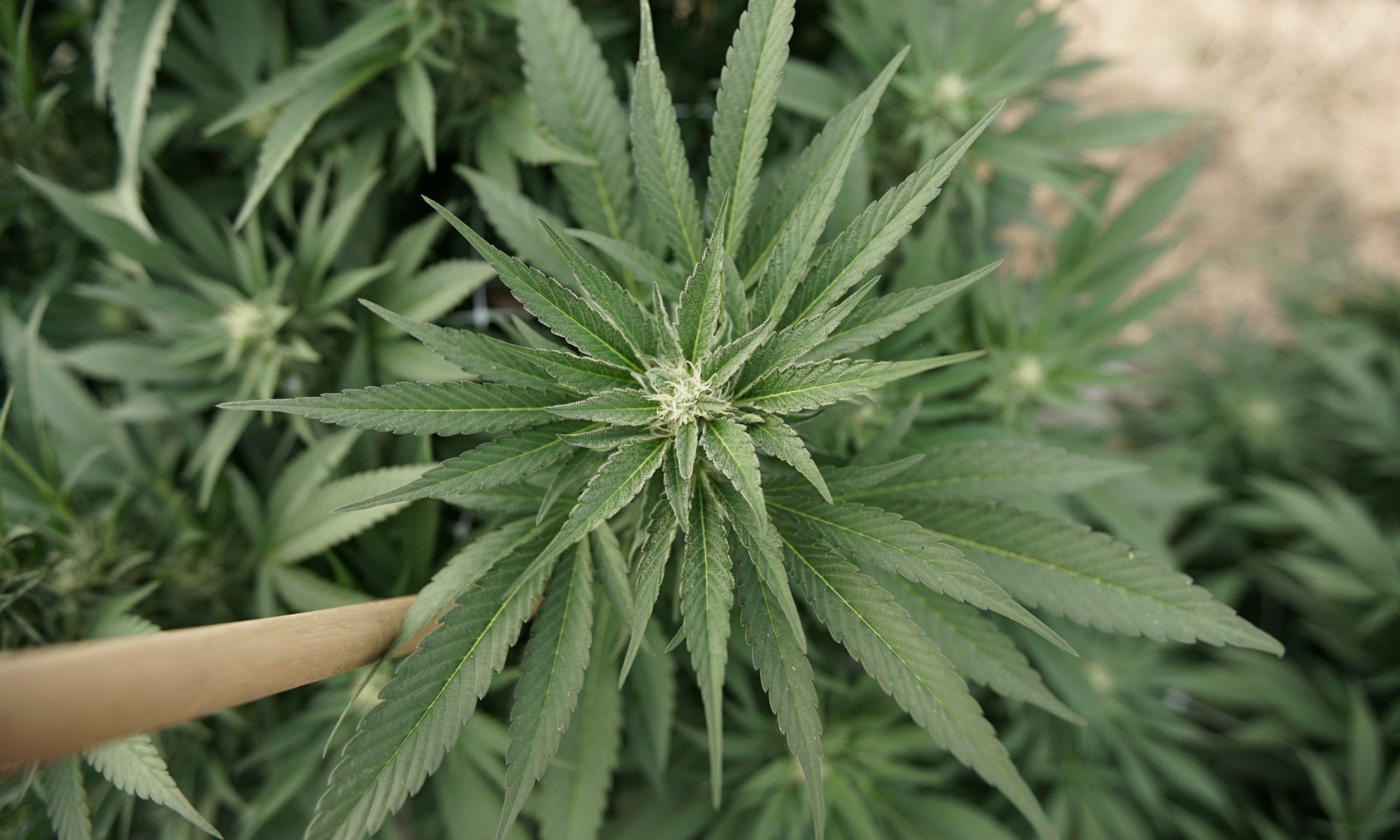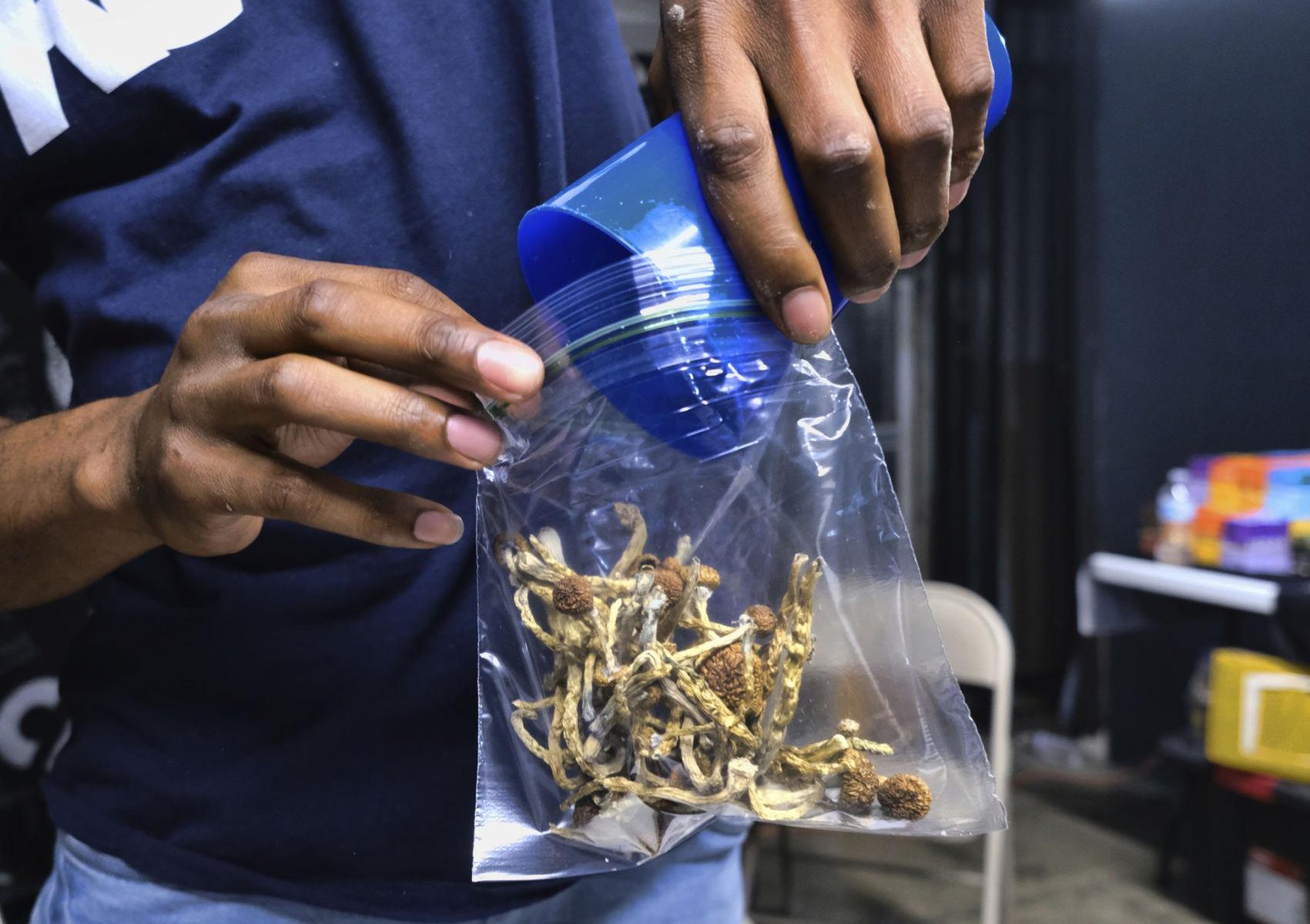Voter referendums in Arkansas, Maryland, Missouri, North Dakota and South Dakota this Election Day address whether recreational marijuana should be legal, as it is in 19 other states and Washington, DC. If all five measures pass, adult-use cannabis will be allowed in nearly half the US.
In October, US President Joe Biden issued an executive order pardoning all federal convictions for simple marijuana possession.
“There are thousands of people who were previously convicted of simple possession who may be denied employment, housing or educational opportunities as a result,” Biden said in a statement encouraging governors to make similar moves.
Here’s what to know about marijuana legalization in the US, including which states have passed laws, what’s happening on the federal level and how Americans feel about legalizing pot.
For more on marijuana, find out about the cannabis company sued for not making customers high enough and check out the hottest new pot gadgets.




















